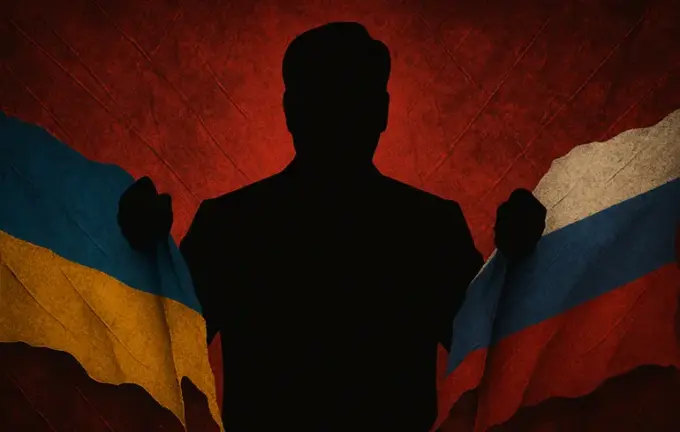China’s Double Play in Russia-Ukraine Conflict: A Strategic Mosaic

Amid the global stage, a complex political and economic game is unfolding involving China’s nuanced stance in the Russia-Ukraine war.
While Beijing publicly maintains a stance of neutrality, its actions and diplomatic statements reveal a multi-layered approach, making it difficult to determine its true position in the conflict.
Ukrainian President Zelensky and officials have openly criticized China for its reluctance to actively help end the war, yet they also seek to deepen strategic relations with Beijing, recognizing the significant potential and associated risks.
During celebrations of China’s founding in Kyiv, Ambassador Ma Shenkun emphasized China’s readiness to expand cooperation and play a constructive role in helping achieve a just and sustainable peace.
However, analysts note that Chinese-Ukrainian relations are in a balancing act: on one hand, Beijing continues covert support for Russia’s military efforts through the supply of components for drones and weapons; on the other hand, China remains Ukraine’s major trading partner, complicating Kyiv’s diplomatic calculations.
Recent sanctions and trade restrictions imposed by Western nations have not halted Chinese deliveries to Russia, including critical drone technologies, undermining public statements of neutrality.
Moreover, intelligence reports reveal increased Chinese involvement in space-based reconnaissance, with satellites flying over Western Ukraine during missile and drone attacks.
At the same time, Chinese manufacturers assist Russia in drone production and technical support, bypassing sanctions and raising strategic concerns.
These developments complicate Ukraine’s efforts to define China as either a partner or a potential threat in its post-war recovery and security framework.
The geopolitical implications of Beijing-Moscow relations are increasingly evident, with high-level meetings hinting at possible escalations in Russia’s war efforts.
This strategic entanglement underscores the importance of Ukraine’s approach: balancing economic ties with China against the broader goal of Western integration and security guarantees.
The debate continues over China’s potential role in post-war reconstruction, peace initiatives, and security assurances, with fears that involvement might legitimize concepts of a shared Eurasian security architecture, counterproductive to Ukrainian and Western interests.
In summary, China’s ambiguous role in this conflict poses ongoing challenges for Kyiv and its allies, requiring careful diplomatic and strategic calibration amid shifting global power dynamics.

